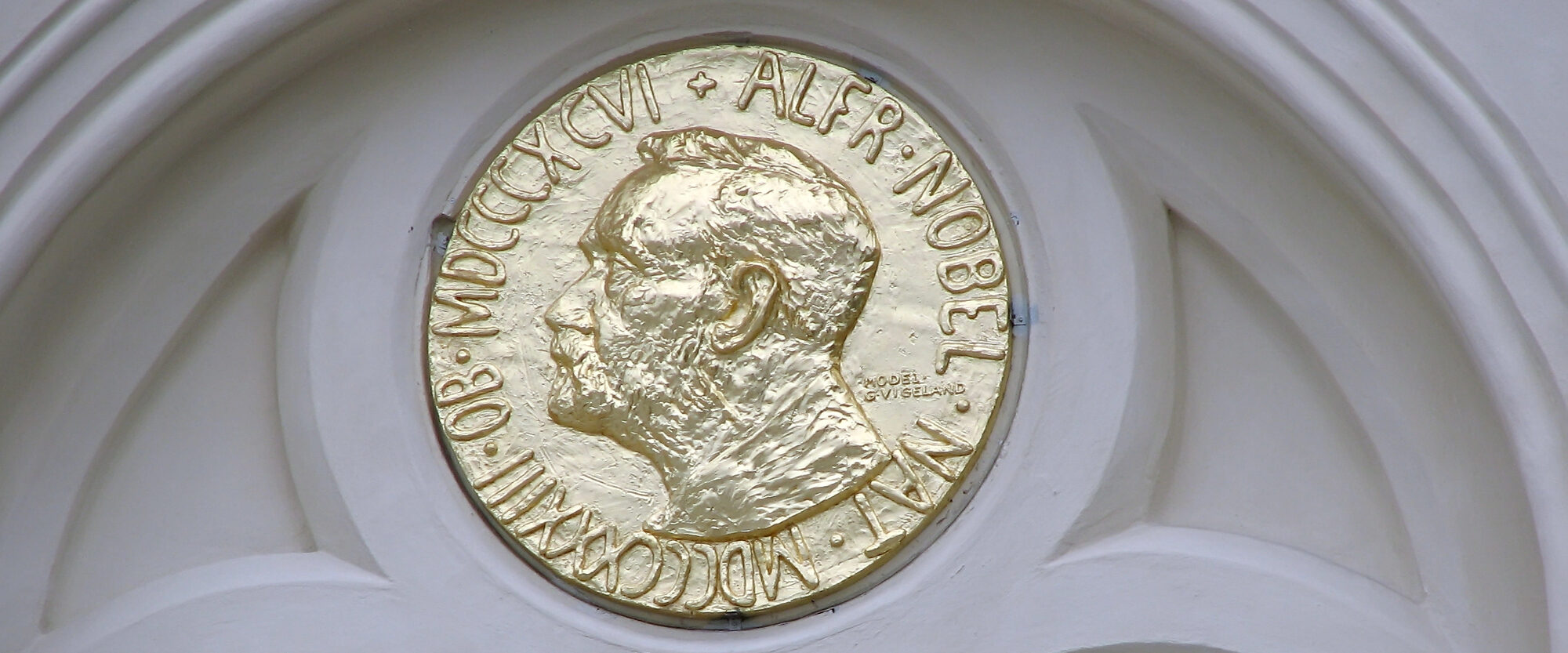Betting on the Nobel Prize in Literature 2024: Will Can Xue Win?

Betting on the Nobel Prize in Literature 2024: Will Can Xue Win?
Chinese avant-garde fiction author Deng Xiaohua – more widely known by her pen name Can Xue – was born in 1953 in Hunan province. She started writing in the 1980s and has published hundreds of novels, novellas, and short stories, with several translated into English. Her writing style is experimental and idiosyncratic, influenced by Western authors like Kafka, Tolstoy, and Shakespeare. She names Dante as her favorite Western writer. If she wins the Nobel Prize, Can Xue would be only the second Chinese laureate after novelist Mo Yan in 2012.
What are Can Xue’s Odds of Winning the 2024 Nobel Prize in Literature?
According to betting odds, Can Xue is currently the favorite to win the 2024 Nobel Prize in Literature. This gives her an implied probability of 20% to win the award. She was also the bookmakers’ favorite for the 2023 prize but did not ultimately win. The Nobel Prize in Literature is notoriously difficult to predict, so while Can Xue may be the current favorite, the field remains wide open.
Can Xue is the favorite to win the prize on 22bet.com, with odds of 5/1 and a percentage change of 20%. Visit the site to check out more Nobel Prize in Literature predictions for this year.
What is Can Xue’s Writing Style and Major Works?
Can Xue’s writing is avant-garde, surreal, and dreamlike, defying conventions of character, plot, and setting. She rejects realism and instead explores the subconscious through fragmented narratives and vivid imagery. Influenced by Kafka and other Western modernists, her style can be challenging for some readers. Major works in translation include The Last Lover, which won the 2015 Best Translated Book Award for fiction, and Love in the New Millennium, longlisted for the International Booker Prize. Five Spice Street and Vertical Motion are among other notable works.
Why Hasn’t Can Xue Achieved Mainstream Success in China?
Despite acclaim abroad, Can Xue remains relatively unknown in her home country. Her avant-garde style breaks from Chinese literary traditions and socialist realism, making her difficult for mainstream Chinese audiences to access. She has been marginalized within China’s literary establishment for bucking conventions. However, Can Xue continues writing for young readers in hopes of inspiring China’s next generation.
How was Can Xue’s Development as a Writer Shaped by the Cultural Revolution?
Born to educated parents, Can Xue was surrounded by philosophy books as a child. But the Cultural Revolution disrupted her formal education and persecuted her family. Still, she retained a love of literature, teaching herself English and voraciously reading Western authors. Her literary influences stem from the Western canon, but she aims to “replant” these ideas in Chinese soil. The trauma and deprivation of the Cultural Revolution perhaps contributed to her avant-garde style and interest in the subconscious.
As an avant-garde writer defying China’s mainstream literary establishment, Can Xue faces marginalization at home but increasing acclaim abroad. A Nobel Prize win could thrust her into the global spotlight. This attention could potentially introduce her progressive style to wider Chinese audiences hungry for creative new voices.




